DOG TRAINING OFFERED IN-PERSON AND ONLINEOur dog training services are delivered in almost any format that meets your needs. We have GROUP CLASSES at our indoor and outdoor facilities on our farm, ONLINE LIVE STREAMING classes, and SELF-PACED VIDEO-BASED training through our Online Dog Training Course. Our PRIVATE TRAININGS can be done in-home, outside, in public dog-friendly locations, at our facility on our farm, online via phone or video conferencing and through email. |
Question
I think my dog has separation anxiety. My neighbors hear him barking and howling when I am gone, and he is destructive in the house. What can I do if I am not there to deal with these behaviors?
The Trainer Answers
Separation anxiety can be a difficult and frustrating issue to handle. First we need to determine if your dog is suffering from separation anxiety or something else. In many cases, the dogs are really suffering from other issues, such as boredom.
How do you tell the difference? Look at the clues. What exactly happens while you are gone? Where? When – immediately after you depart or later? How often – every time you leave? The answers will help you determine whether your dog truly suffers from separation anxiety.
If your dog suffers from separation anxiety or separation distress, you will most likely see the signs every time you leave, no matter for how long. You will often see signs of anxiety even before you leave, when your dog picks up on your departure cues such as putting on your shoes, picking up your car keys, etc. If destruction occurs, it will almost always be directed toward escape routes such as at or around doorways and windows.
If it is separation anxiety, we can take steps to help your dog overcome his anxiety. First, departures and arrivals should be low key. It will not resolve the issue but will help your dog to understand being separated is not such a big deal. Never scold or punish your dog for anxiety- related destructive or annoying behaviors. Quietly clean up any messes.
If your dog has trouble being apart from you when you’re home, start by working on a “stay” or “wait” cue, until he will stay when you are out of sight but still in the house. For all your dog knows, when you step out of sight you might never return. He doesn’t know how to cope with being alone for even a short period of time.
Find something that your dog really likes, such as a chewing bone or a Kong toy stuffed with some of his favorite treats. Start to pair one of his favorite things with your departures, so he has something to look forward to when you leave. Start this in small increments, not when we are leaving for the entire day. Don’t proceed too quickly.
Find ways to prevent stressful responses when you must leave. Can your dog spend the workday with a neighbor or at doggie daycare? Our goal is to prevent the dog from experiencing separation anxiety while you are helping him to overcome his anxieties. You might also consider using something like Rescue Remedy or a DAP diffuser to help your dog to relax so you can start a behavior modification program. In severe cases, discuss medication possibilities with your vet.
Dogs with separation anxiety are insecure. One way to help a dog become more secure in his own skin and feel more secure that his human family will take care of him is to implement some training.. If your dog suffers from more than a mild case of separation anxiety, seek professional help.
Our goal is to positively impact the lives of as many dogs and their families as we can, in part through our extensive library of video, infographics and text articles. |

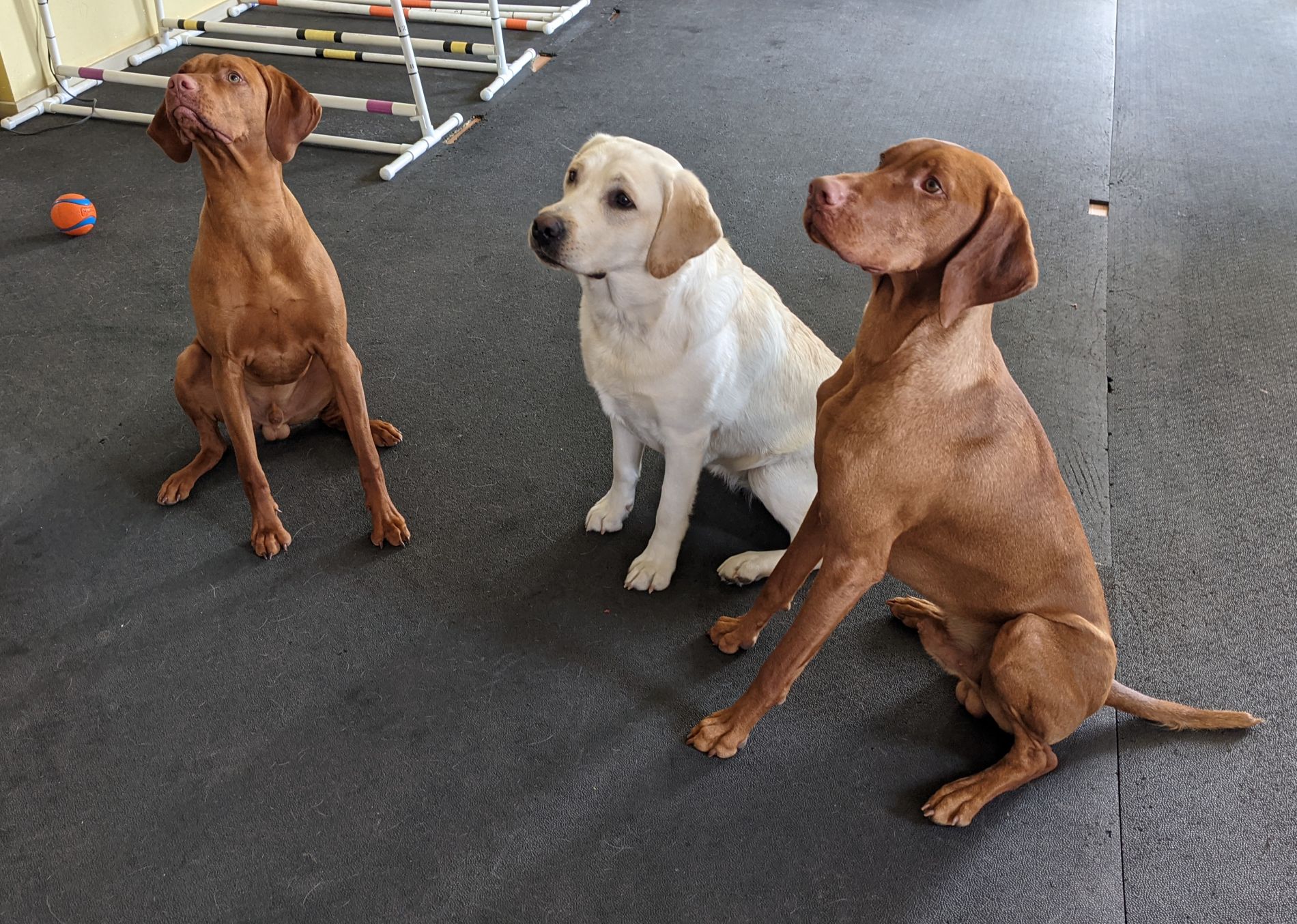
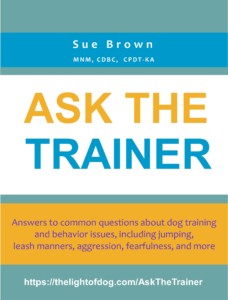


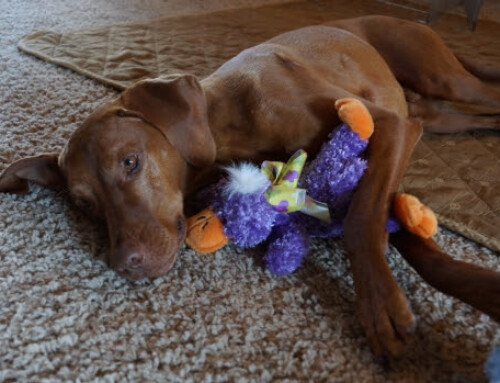
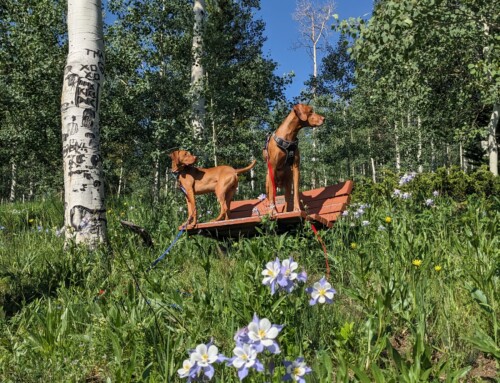
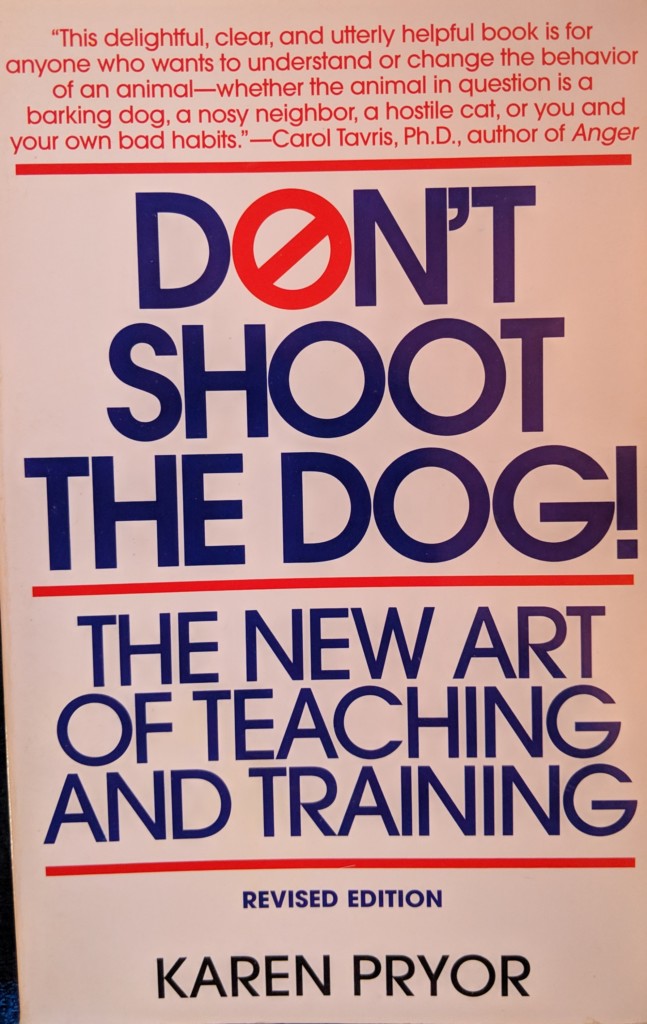
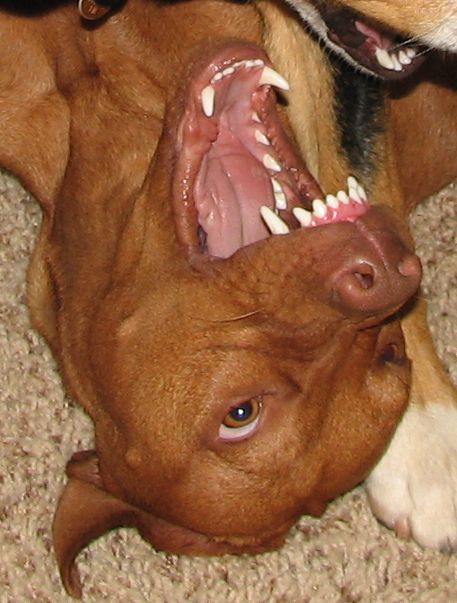
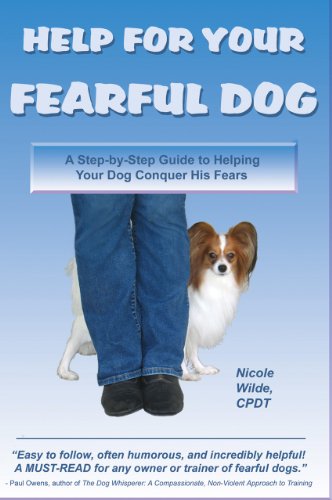

Leave A Comment